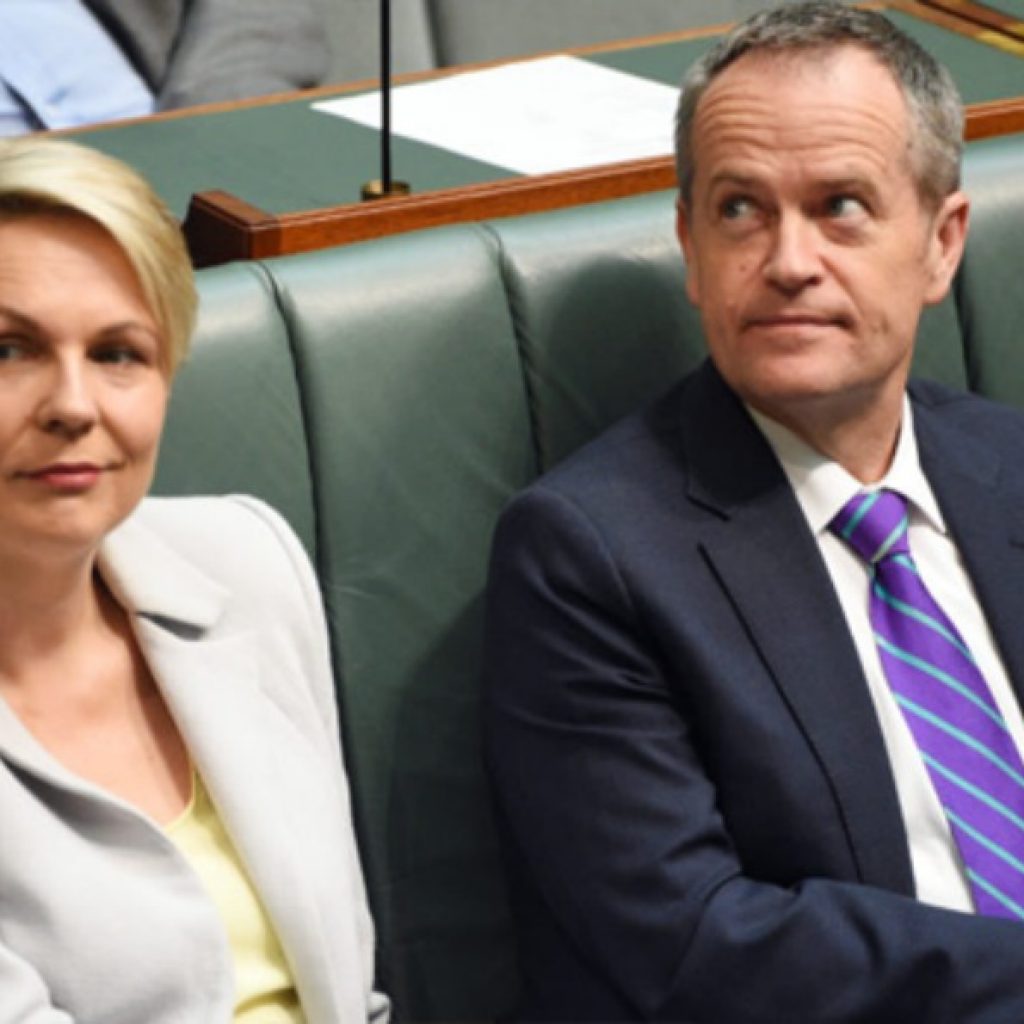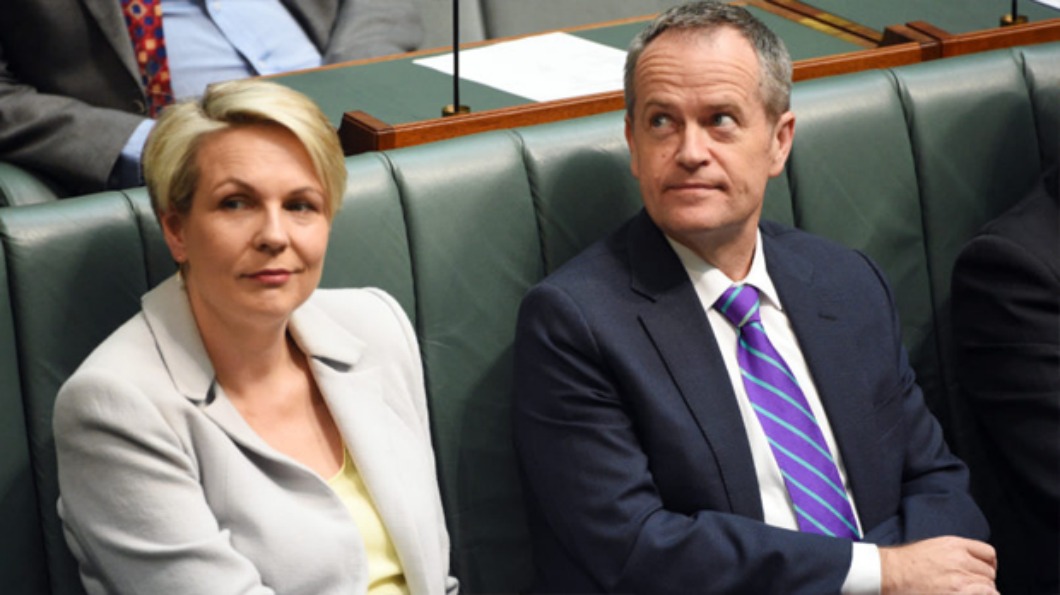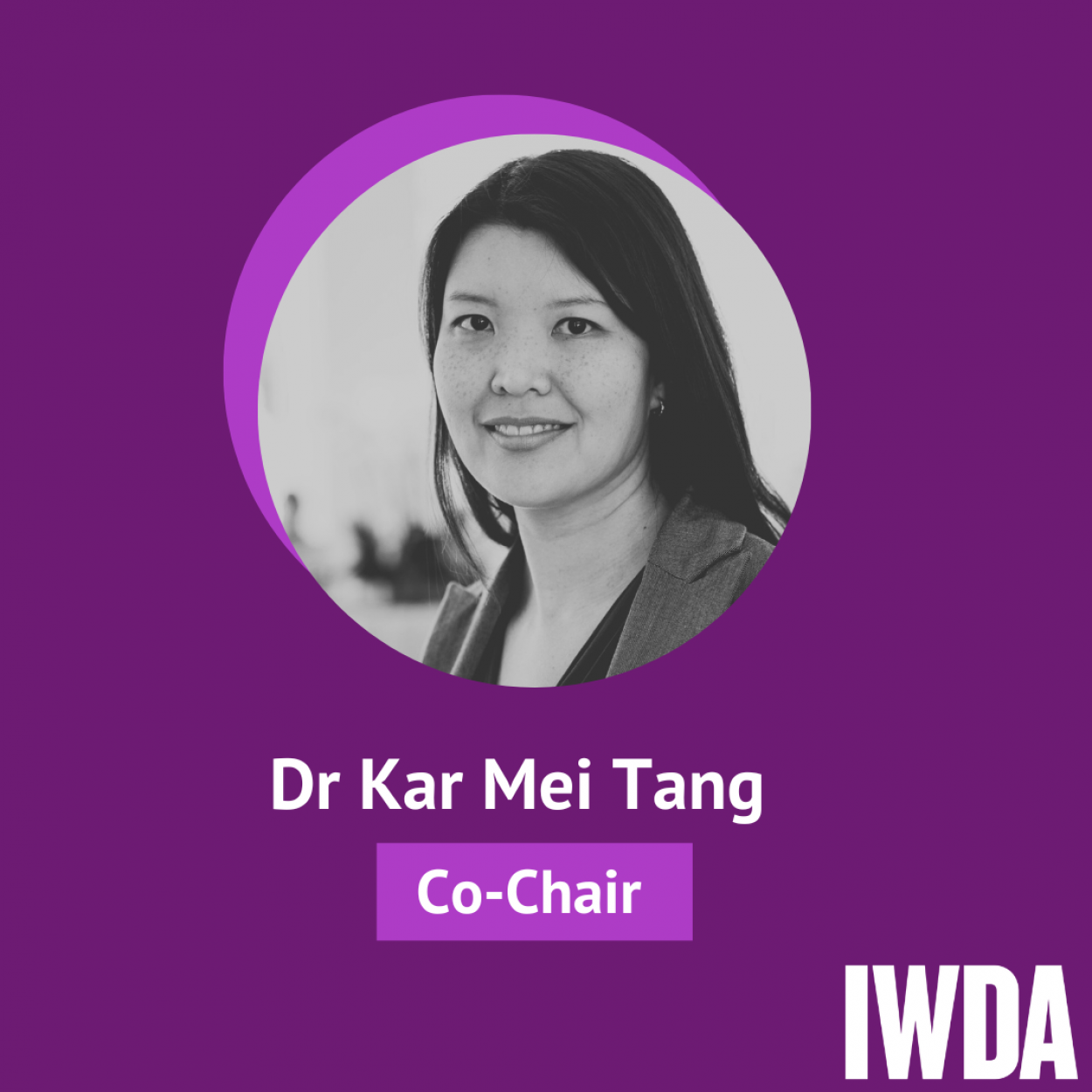
The Opposition’s Women’s Budget Statement is a step in the right direction

Gender matters – especially in Budgets.
Yesterday Labor released its fourth Women’s Budget Statement, calling for real action to achieve gender equality. We welcome this focus on the potential gender impacts of the Government’s Budget, and Labor’s priorities. However, after-the-fact analysis won’t take us where we need to get to in terms of budgeting for greater gender equity. The gender responsive budgeting approach taken by the Victorian Government is leading the way in Australia. We call on all political parties to support rigorous, comprehensive gender-informed budget processes.
For Budgets to progress gender equality, and to be effective, efficient and fair in raising revenue and spending it, they need to be informed by and developed with a gender lens. As we noted in our blog earlier this week, this used to occur. Australia was a leader in producing a comprehensive Women’s Budget Statement. Significant thought, analysis and negotiation about the impact of policies, programs and savings on women informed the budget making process.
To be serious about gender equality, the gender impact work needs to be done at the front end of budget development: shaping the decisions, not just reflecting on them. IWDA calls for a return to the gender responsive budgeting for which Australia was once a recognised world leader. Updated for subsequent experience, a proper gender-responsive budget process will deliver the accountability and transparency that helps link commitments to action.
Gender equality at the core of the Global Goals
In yesterday’s Women’s Budget Statement, Labor acknowledges that ‘continued cuts to the aid program will disproportionately impact women and children in developing countries in our region, who already experience a greater burden of poverty and disadvantage.’ Therefore, ‘Australia’s aid program should support expanded opportunities for women across the world.’ This is essential if Australia is to help achieve the Sustainable Development Goals that all UN member states have agreed to.
Gender equality is essential for truly sustainable development, and to realising the global commitment to leave no one behind. From pay equity to ending violence against women, the Global Goals won’t be achieved unless we link intentions with effective resourcing. A gender responsive budgeting process can help decision makers at all levels and in all countries to align priorities and resources.
Launching the Women’s Budget Statement, Bill Shorten said ‘When there are women in the Parliament, when there are women in the leadership and women on the frontbench, women get a better deal.’ Indeed. But without a Budget process to match, the gap between commitment and change will remain.


